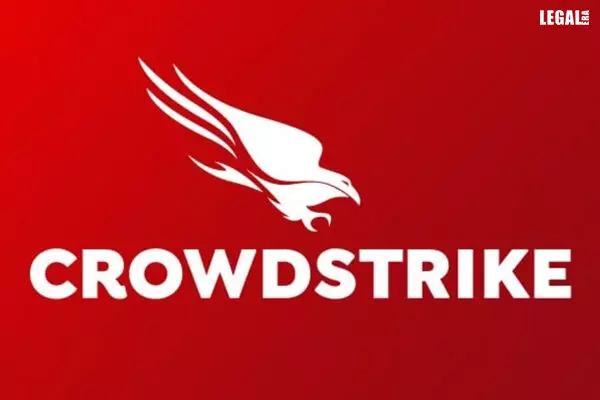- Home
- News
- Articles+
- Aerospace
- Agriculture
- Alternate Dispute Resolution
- Banking and Finance
- Bankruptcy
- Book Review
- Bribery & Corruption
- Commercial Litigation
- Competition Law
- Conference Reports
- Consumer Products
- Contract
- Corporate Governance
- Corporate Law
- Covid-19
- Cryptocurrency
- Cybersecurity
- Data Protection
- Defence
- Digital Economy
- E-commerce
- Employment Law
- Energy and Natural Resources
- Entertainment and Sports Law
- Environmental Law
- FDI
- Food and Beverage
- Health Care
- IBC Diaries
- Insurance Law
- Intellectual Property
- International Law
- Know the Law
- Labour Laws
- Litigation
- Litigation Funding
- Manufacturing
- Mergers & Acquisitions
- NFTs
- Privacy
- Private Equity
- Project Finance
- Real Estate
- Risk and Compliance
- Technology Media and Telecom
- Tributes
- Zoom In
- Take On Board
- In Focus
- Law & Policy and Regulation
- IP & Tech Era
- Viewpoint
- Arbitration & Mediation
- Tax
- Student Corner
- AI
- ESG
- Gaming
- Inclusion & Diversity
- Law Firms
- In-House
- Rankings
- E-Magazine
- Legal Era TV
- Events
- News
- Articles
- Aerospace
- Agriculture
- Alternate Dispute Resolution
- Banking and Finance
- Bankruptcy
- Book Review
- Bribery & Corruption
- Commercial Litigation
- Competition Law
- Conference Reports
- Consumer Products
- Contract
- Corporate Governance
- Corporate Law
- Covid-19
- Cryptocurrency
- Cybersecurity
- Data Protection
- Defence
- Digital Economy
- E-commerce
- Employment Law
- Energy and Natural Resources
- Entertainment and Sports Law
- Environmental Law
- FDI
- Food and Beverage
- Health Care
- IBC Diaries
- Insurance Law
- Intellectual Property
- International Law
- Know the Law
- Labour Laws
- Litigation
- Litigation Funding
- Manufacturing
- Mergers & Acquisitions
- NFTs
- Privacy
- Private Equity
- Project Finance
- Real Estate
- Risk and Compliance
- Technology Media and Telecom
- Tributes
- Zoom In
- Take On Board
- In Focus
- Law & Policy and Regulation
- IP & Tech Era
- Viewpoint
- Arbitration & Mediation
- Tax
- Student Corner
- AI
- ESG
- Gaming
- Inclusion & Diversity
- Law Firms
- In-House
- Rankings
- E-Magazine
- Legal Era TV
- Events
CrowdStrike Sued By Shareholders Over Software Outage
The lawsuit was led by Plymouth County Retirement Association, Massachusetts, seeking unspecified damages
Cybersecurity company CrowdStrike has been sued by shareholders who said it defrauded them by concealing how its inadequate software testing could have caused the 19 July global outage that crashed more than 8 million computers.
In a class action suit filed in the US District Court-Western District of Texas, the shareholders complained that they learned that CrowdStrike's assurances about its technology were materially false and misleading, as its flawed software update disrupted airlines, banks, hospitals and emergency lines globally.
As the effects of the outage were realized, Delta Air Lines hired prominent lawyer David Boies to seek damages and the CEO of Crowdstrike, George Kurtz was called to testify to the US Congress.
The complaint cited statements from a 05 March conference call where Kurtz characterized the company's software as "validated, tested and certified."
In a statement, Austin-based CrowdStrike said, "We believe this case lacks merit and we will vigorously defend the company.” Along with Kurtz, the CFO Burt Podbere is also defendant.
The lawsuit was led by the Plymouth County Retirement Association of Plymouth, Massachusetts. It sought unspecified damages for holders of CrowdStrike Class A shares between 29 November 2023 and 29 July 2024.
(Shareholders often sue companies after unexpected negative news causes stock prices to fall, and CrowdStrike could face more lawsuits).
CrowdStrike's share price fell 32 percent over the next 12 days, wiping out $25 billions of market value.
Meanwhile, Delta Chief Executive Ed Bastian said that the outage cost his airline $500 million, including lost revenue and compensation and hotels for stranded fliers.




